Team Injinji Athlete Phil Shin is a runner, father, husband, liver transplant recipient, and two-time cancer survivor. Phil will be participating in the Lifetime Leadville 100 Trail Run, a 30-hour trail adventure through Ute and Arapaho Land (the Rocky Mountains in Colorado), covering 100 miles and over 12,000 ft. in elevation gain at high altitude. This will not only be Phil’s first 100-mile ultra, but he will also attempt to be the first known organ transplant recipient to complete a 100-mile ultra distance.
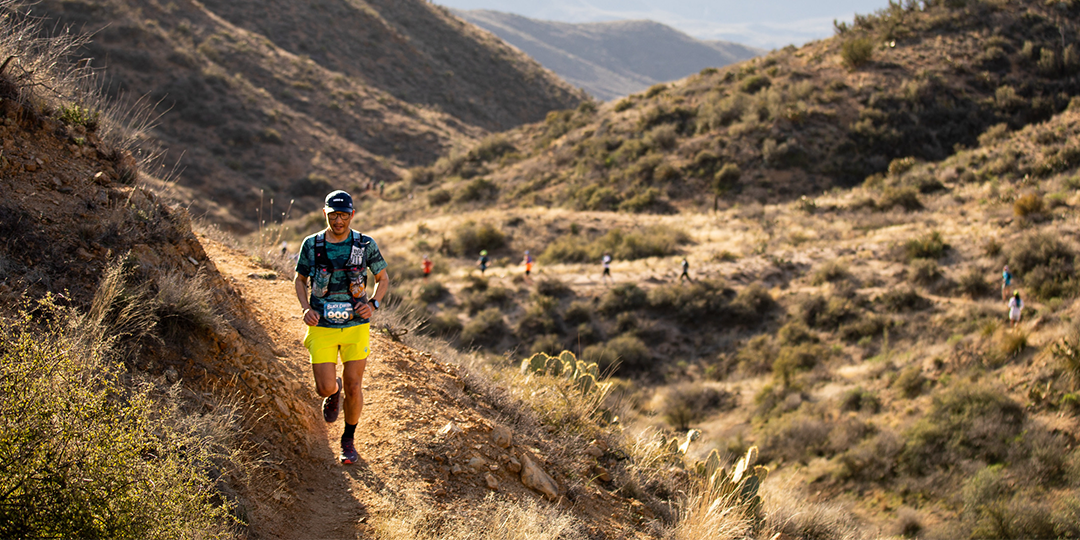

In September 2019, Phil underwent a living liver transplant to free him from liver cancer which was originally diagnosed in 2018. As a runner, his hope has been to use the running community platform to advocate for rare cancer and organ transplant populations.
How did you first get into running? What did you enjoy about it?
My introduction to running wasn’t exactly enjoyable. One day back in the year 2000, I thought it would be a neat idea to run a marathon. I saw in the newspaper that the Los Angeles Marathon was coming up in four days. So I decided to show up and run it without any training or general knowledge of how you were supposed to run a marathon. Six very painful hours later I realized that running a marathon four days before the race was not the best course of action but ever since that marathon, I’ve developed a passion for running and have kept going ever since.
Can you share about your experience being diagnosed with liver cancer and receiving a life-changing liver transplant?
I was originally diagnosed with hepatocellular carcinoma (HCC) in my liver in March 2018. This diagnosis came just a week after running the Los Angeles Marathon so you can imagine how surprised I was to learn that I had cancer while being an active runner. I had the large tumor removed from my liver in May 2018 and began running again a month after the surgery. Not only did I start running again but in October I was able to finally qualify for the Boston Marathon just five months after the surgery.
Little did I know that while I was recovering from the liver surgery and returning to running and my life pre-cancer, another tumor was growing in another part of my liver. I received the recurrence diagnosis a month after qualifying for Boston and was informed that my only curative option was to receive a liver transplant to replace my cancerous liver.
The fastest path to transplant was receiving a living liver donation where a matching candidate would have 60% of their healthy liver removed to replace my cancerous liver. In August 2019 my long-time friend Mark Murphy (“Murph”) informed me via text that he was going to be my donor. Three weeks later we underwent transplant surgery and I’ve been running cancer-free ever since.
As of my transplant, I have completed five marathons (including the Boston Marathon twice), three 50K ultramarathons, and a 100K at the 2023 Black Canyon Ultra. It is believed that I am the only organ transplant recipient to have completed a 100K distance.
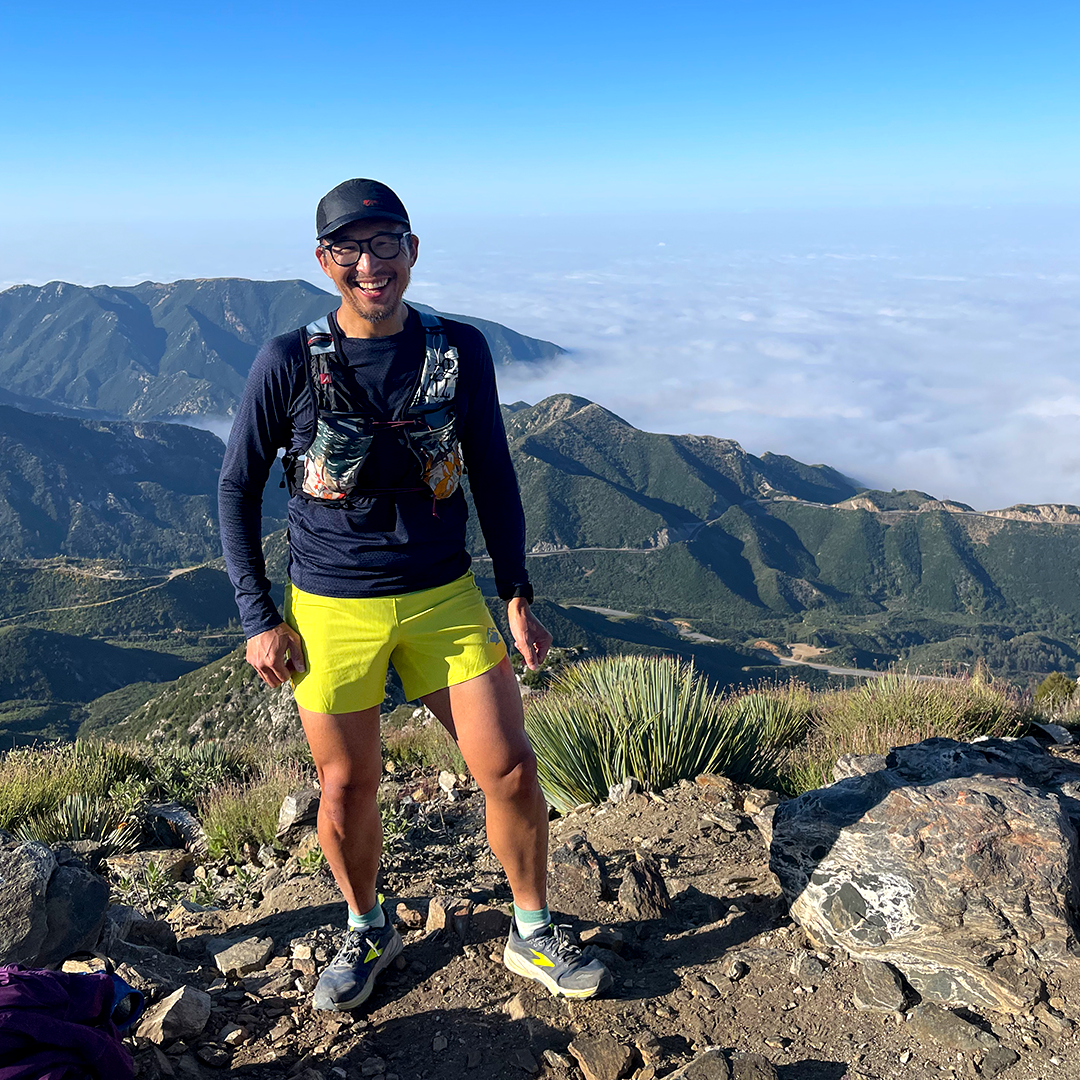

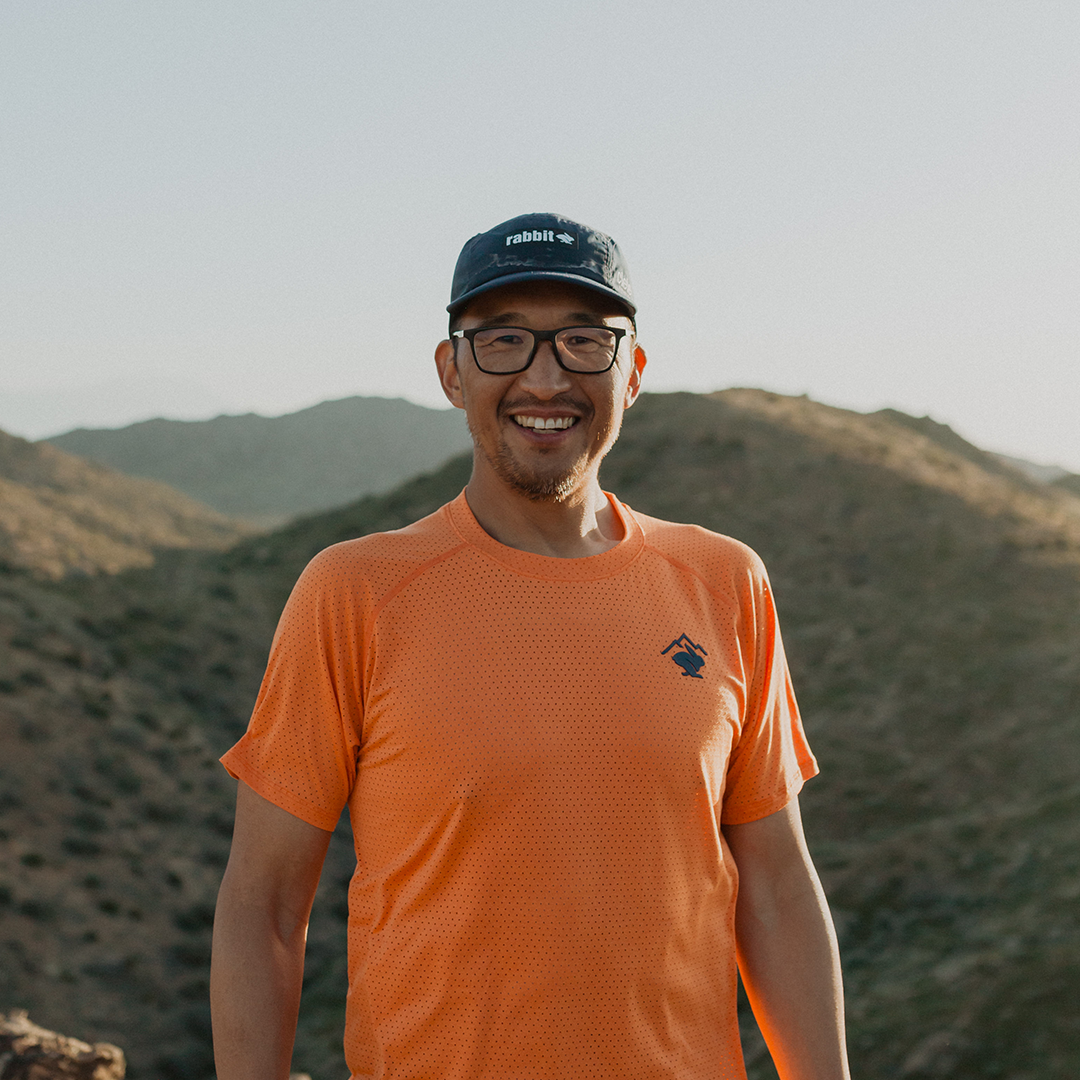

What mantras or philosophies helped to carry you through that uncertainty?
The one mantra I have held very close to me is “keep going”. I have used this mantra daily on my Strava runs by tagging every post with “keep going”. I began this when I was first diagnosed with cancer in 2018 as a daily reminder to myself that despite living with cancer I would keep going. No matter how difficult the days got, I would set a goal to simply get to the next day. To do that, I had to keep going.
Can you share about your donor Murph?
Murph and I were originally connected nearly 30 years ago through our mutual best friend Eric, my roommate while I was living in LA. Murph would come down to visit us and we always had a great time going out to bars, concerts, and sharing all the nonsense that single 25-year-olds were into. The three of us have continued to maintain our friendship through text messages and have had a long-standing text thread filled with the same nonsense we shared in our 20s. It goes without saying that Murph is a brave and amazing human after so selflessly risking his own health to save my life. My family and I are forever indebted to Murph and will always call him a true hero.
You're very involved in causes related to your experience. Can you share about why you chose to get involved, what organizations you're involved with, and what your goal is with your volunteer efforts?
While living with a rare cancer and since having my liver transplant, it has been extremely important for me to seek ways to give back to the cancer and transplant communities. This was inspired by the late Gabe Grunewald who I learned about in 2018 when I was going through my cancer diagnosis. Gabe and I struck an online friendship and she encouraged me to “live life in technicolor” despite living in the grayscale of cancer.
Despite Gabe’s own struggles with cancer, she gave me a place of hope despite all the uncertainties of my own future. When Gabe passed away from cancer in 2019, I was devastated and I struggled to maintain the hope she had instilled in me. After that, I almost felt that a responsibility was passed on to me to keep that hope alive and show others that “it was OK to struggle, but it wasn’t OK to give up.”
So I did my best to exemplify that through my running by simply trying to be the best version of myself every day. Since my transplant, I was so honored to be asked to join the board of the Brave Like Gabe Foundation to help Gabe’s mission of bringing awareness to rare cancers and raising millions of dollars for direct-funded research.
I’ve also advocated for the American Liver Foundation through their Boston Marathon charity teams to help fundraise in support of their mission to bring awareness to liver disease and cancers. In fact, Murph and I both ran for the American Liver Foundation in 2022 as the first liver transplant recipient and liver donor pair to finish the Boston Marathon together.
This August I will also be supporting the Chris Klug Foundation (CKF) by running the 2023 Leadville Trail 100 to become the first known organ transplant recipient to complete a 100-mile ultra and bring awareness to CKF’s mission to inspire and educate people to become a registered organ donor.
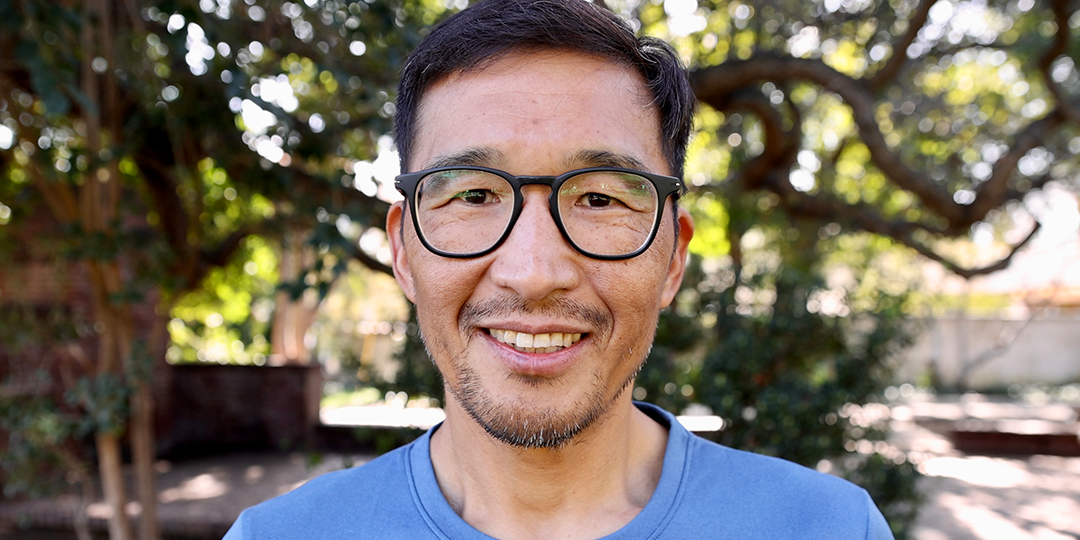

Have these efforts connected you with others who have also undergone transplants, and if so, how has connecting with them impacted your life and relationship with your transplant?
Yes! The best part of this journey has been the incredible connections I have made with the transplant and cancer communities. I am a proud member of a transplant support group for Keck Medicine of USC where I had my transplant. The support I received from this group while navigating through the emotions of transplant was invaluable for me and my family. The absolute least I can do is to provide the same support for those who are going through the same struggles that I did while awaiting my transplant. There is language in this adversity that we share and unless you’ve lived it, you won’t know it.
What was the experience like diving back into running post-surgery?
It was really like starting all over again. I remember the first step I attempted to run post-transplant was like taking the first step at my first marathon. I was terrified because I knew I’d be going at it alone since it was highly uncommon for liver transplant recipients to run just a month post-transplant. As a runner, I was motivated to get going as soon as possible so I can return to normalcy.
Thanks to my running communities I was able to surround myself with people who supported my return to running. Eventually, I returned to run the 2020 LA Marathon six months post-transplant and have since run several marathons and ultra marathons.
Congratulations on your incredible Boston Marathon accomplishments! Can you share a story about either qualifying for the race or running the race? What did it mean to you?
Thank you! Running the Boston Marathon was very important to me as a runner. I had always held that race in high regard and at one time even refused to acknowledge myself as a runner until I qualified.
Looking back, it was very foolish to put that pressure on myself by setting a singular goal for running. It eventually led to burn out and I stopped enjoying running for a while. It wasn’t until I was diagnosed with cancer that I ran with a renewed sense of purpose which eventually led me to qualifying for and running the Boston Marathon.
That’s when I learned that the secret to qualifying for Boston has very little to do with the actual training for that qualifying race. I think the secret to success for Boston is simple. Focus on becoming the best runner you can be day-in and day-out. Create that healthy relationship with running that will allow you to step out the door and enjoy your run day-in and day-out. Before you know it, you’ll find yourself running down Boylston to that gorgeous finish.
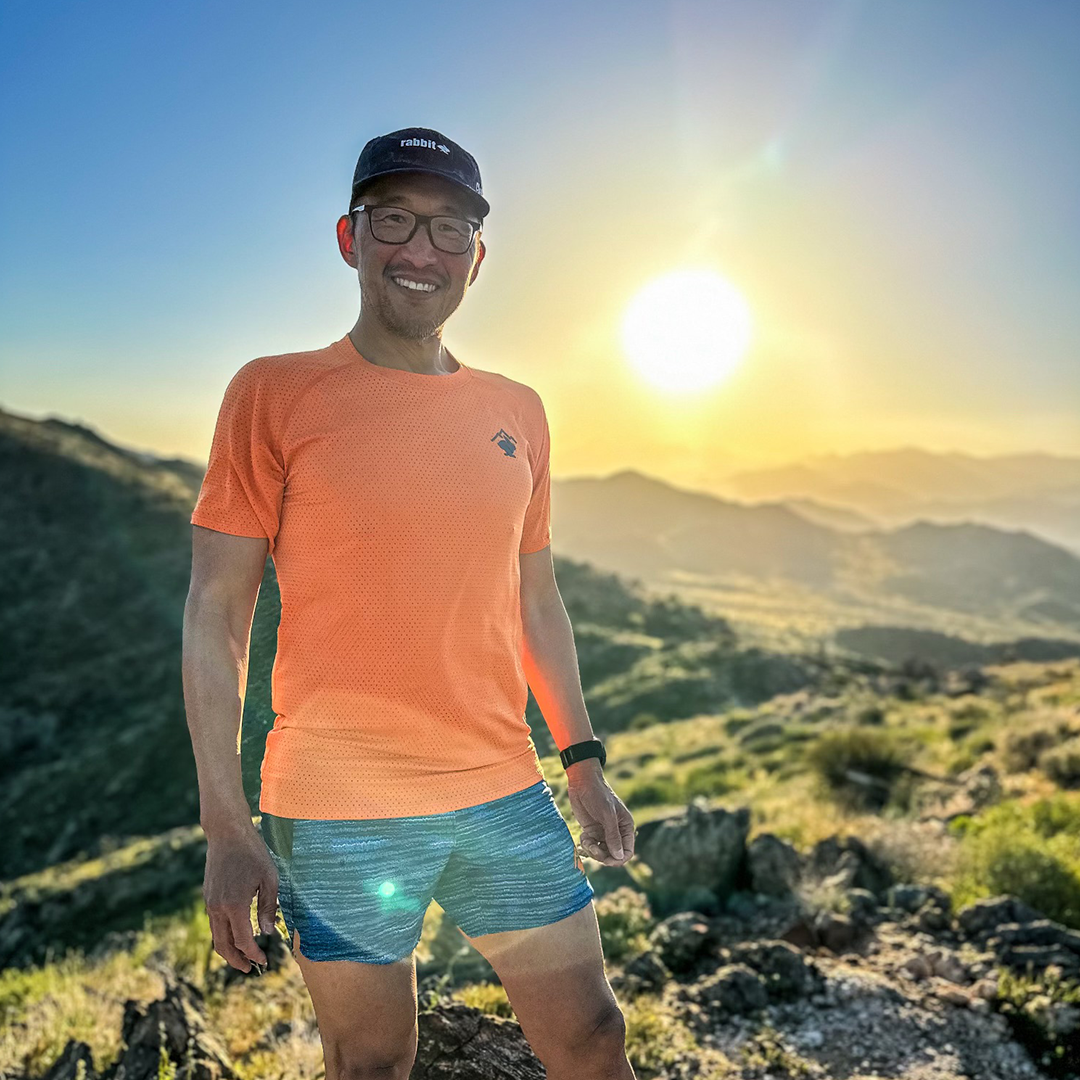

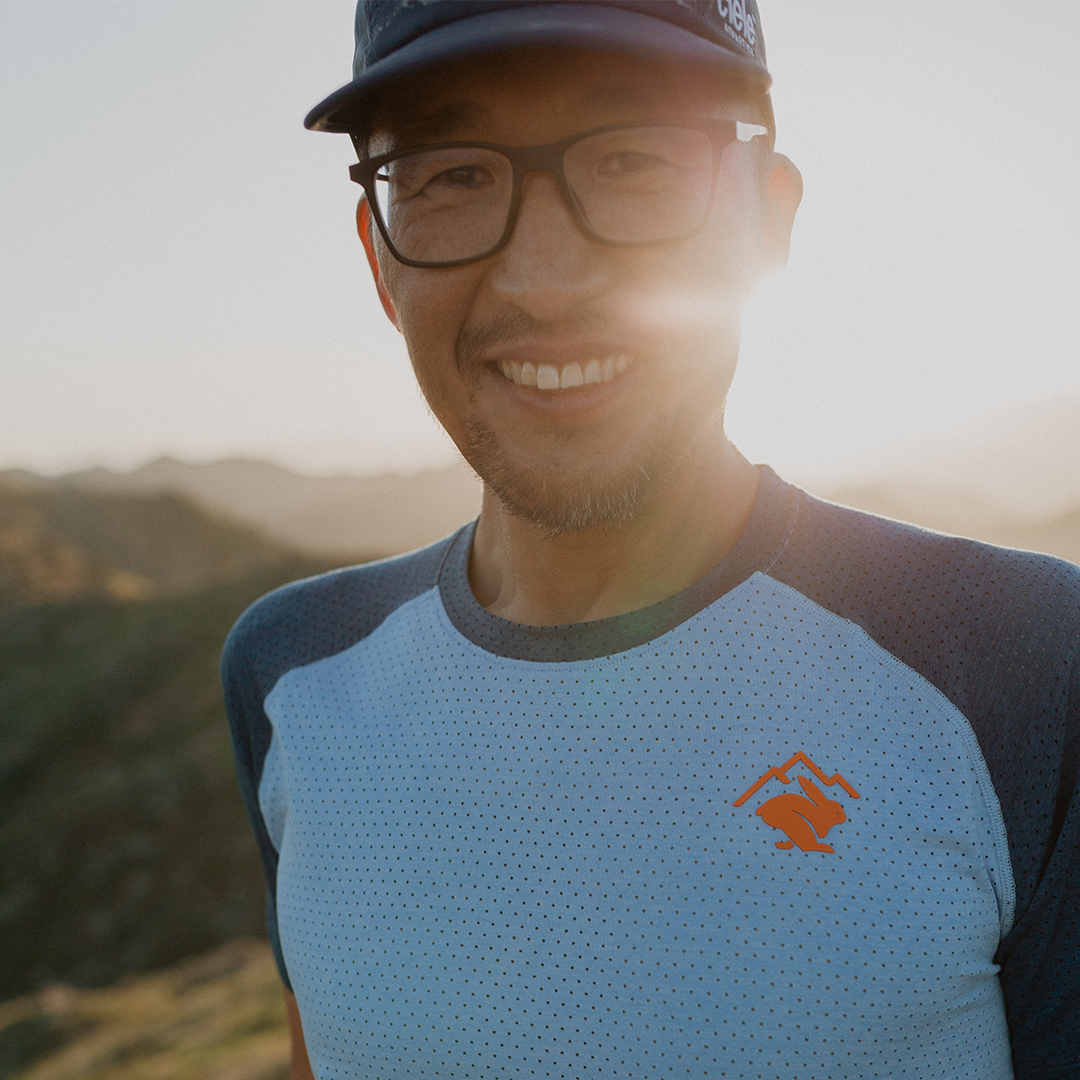

Who inspires you?
My 19-year-old son, Will, will always be my everyday source of inspiration. From the day he was born and throughout his struggle from extremely premature birth, he instilled in me the concept of hope. Will was in the NICU for four months and fought every single day until he was able to come home. There were weeks of uncertainty when we didn't know if he would make it through the night but each morning he miraculously woke up ready to fight another day. Nineteen years later, Will is now a college-bound young man and his future is very much certain. Even after surviving cancer twice and living through an organ transplant, my son will always be the toughest and strongest person I know.
You're taking on the Leadville 100, please share why you chose this race, and what your completion of this race will mean for the transplant community.
As race founder Ken Chlouber says, “Leadville finds you”, and that’s very much true for me. I first learned of Leadville when I read Born to Run by Christopher McDougall and it absolutely terrified me. Even with all the running I had done, I never considered running this frightening race high up in the Colorado Rockies.
When I got connected with the Chris Klug Foundation a few years ago I learned that they had a Leadville 100 charity team. After successfully completing a series of ultras including the Black Canyon 100K, the idea of becoming the first known organ transplant recipient to complete a 100-mile ultra started to excite me. I have an opportunity to use this experience to raise awareness for the important work that CKF does to help eliminate the wait for organ transplants. It has now made completing the Leadville 100 a mission.
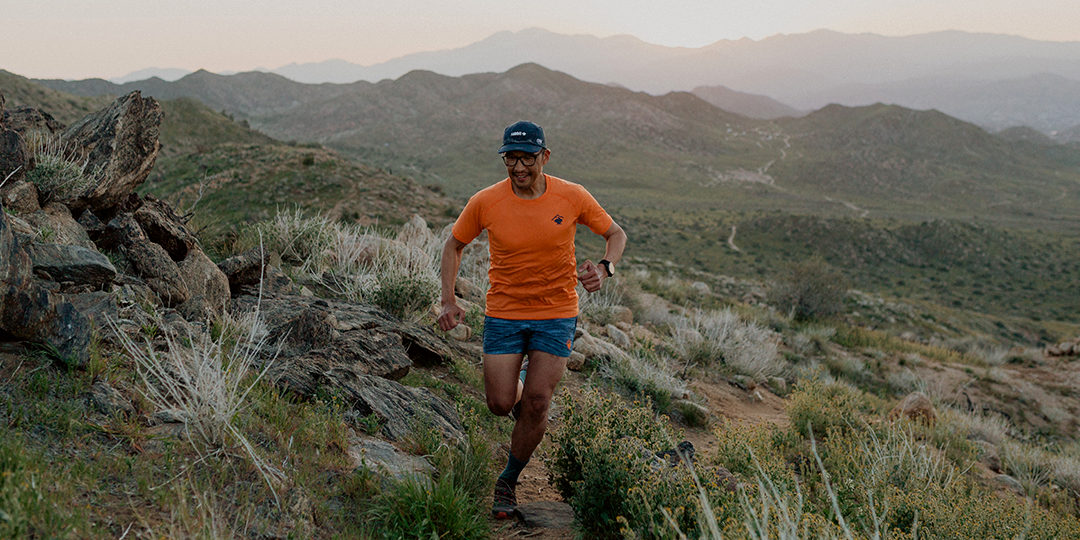

How can people get involved in organizations that help people with liver cancer?
If anyone is inspired to learn more about supporting the organizations I’m involved with, they can find out more on the following websites and social media profiles.
- The Chris Klug Foundation is a non-profit whose mission is to end the wait for transplantation through community education. Find out more at chrisklugfoundation.org and @chrisklugfoundation.
- The Brave Like Gabe Foundation was created by professional middle-distance runner Gabriele “Gabe” Grunewald as a way to support cancer research and accelerate effective treatments for patients. Learn more about Gabe's mission at bravelikegabe.org and @bravelikegabe.
- The Liver Foundation has a singular mission—to eliminate liver disease through education, research, and patient support. You can get involved in the cause at liverfoundation.org and @americanliver.
- Or, reach out to me directly on Instagram at @pshin8670.
Is there anything else you'd like to share about your story?
Another very important part of this running journey for me has been to help bring some representation as a Korean American trail runner in a space that largely underrepresents the BIPOC community. In the ultra races I’ve participated in, it’s been extremely hard to ignore the fact that there are very few runners who look like me and it can be discomforting.
My hope is that through consistent participation and support from event directors and brand partners such as Injinji, we can continue to expand the trail and ultra space to welcome even more athletes of color.
As a dear friend shared with me, “The more we continue to show up in these outdoor spaces, the more we are disrupting the narratives and common perceptions that people have about who we are, who we are ‘supposed’ to be, and what we can or cannot do.” I believe we can all do a little better and I’m here to help make it happen.
Phil Shin will compete at the 2023 Leadville 100 on August 12. His presence as a charity runner for the Chris Klug Foundation will help bring awareness to the importance of organ, eye, and tissue donation. You can cheer him on by supporting his mission to change lives. Find out more about his fundraiser on Run Signup.








